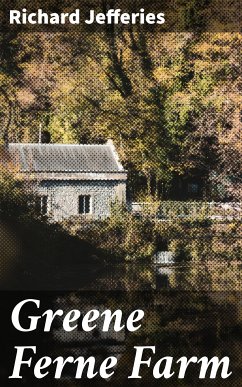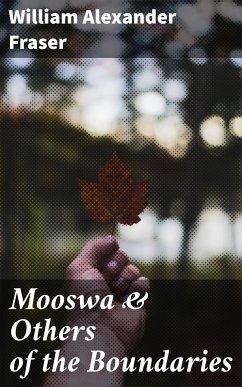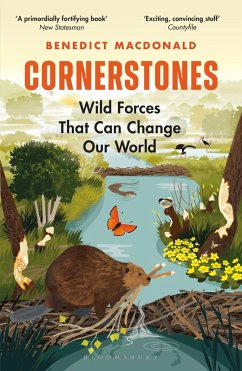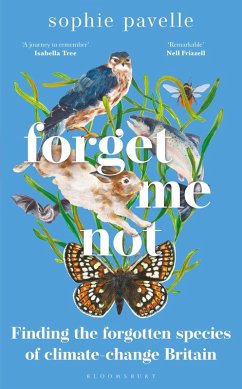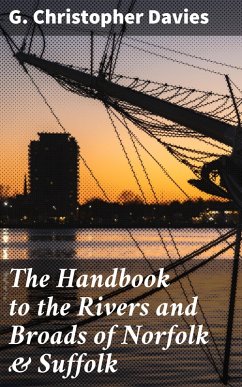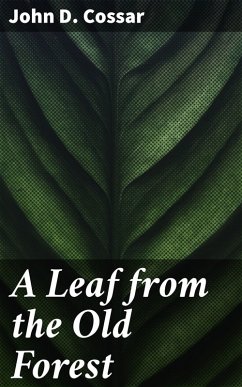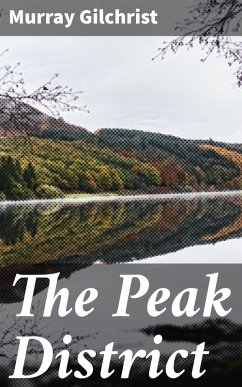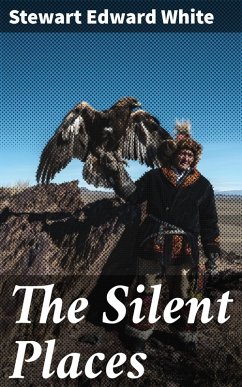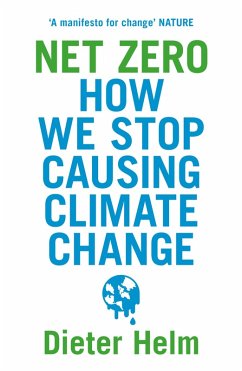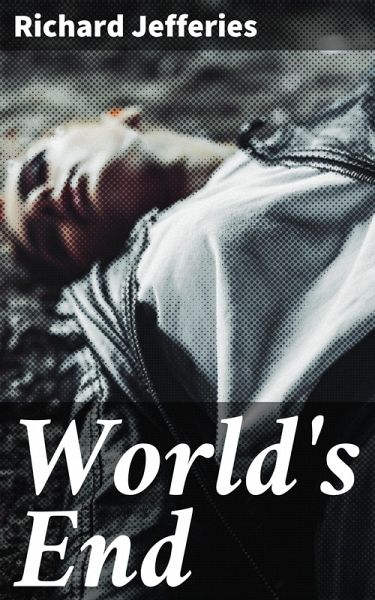
World's End (eBook, ePUB)
A Story in Three Books

PAYBACK Punkte
0 °P sammeln!
In "World's End," Richard Jefferies crafts a poignant narrative that merges the natural world with profound philosophical exploration, significantly reflecting the Victorian era's fascination with both nature and personal introspection. Set against the backdrop of the picturesque English countryside, Jefferies employs a lyrical prose style that oscillates between evocative descriptions of rural life and the inner musings of his characters, particularly the protagonist, whose journey towards self-discovery reveals the complexities of existence and the allure of the untamed world. This novel is ...
In "World's End," Richard Jefferies crafts a poignant narrative that merges the natural world with profound philosophical exploration, significantly reflecting the Victorian era's fascination with both nature and personal introspection. Set against the backdrop of the picturesque English countryside, Jefferies employs a lyrical prose style that oscillates between evocative descriptions of rural life and the inner musings of his characters, particularly the protagonist, whose journey towards self-discovery reveals the complexities of existence and the allure of the untamed world. This novel is both a celebration of the countryside's beauty and a critique of the rapidly industrializing society encroaching upon it, positioning Jefferies as a precursor to later environmentalist literature. Richard Jefferies (1848-1887), an English nature writer and philosopher, drew heavily from his experiences in rural Wiltshire, where he developed a deep appreciation for the natural landscape. His own struggles with health and his observations of the changing environment around him imbue "World's End" with an authentic voice that resonates with themes of transience and existential contemplation. Jefferies' literary career, marked by his reflections on nature's vitality, is critical to understanding his motivation for this work, as it epitomizes his belief in the interconnectedness of humanity and nature. For readers yearning for a thoughtful exploration of life'Äôs fragility amid nature'Äôs enduring beauty, "World's End" offers a unique perspective that is both meditative and stirring. Jefferies' elegant prose invites readers to immerse themselves in the English countryside while pondering their own existence, making this novel a timeless classic that remains relevant in today's discussions of ecological consciousness and personal significance.
Dieser Download kann aus rechtlichen Gründen nur mit Rechnungsadresse in A, B, BG, CY, CZ, D, DK, EW, E, FIN, F, GR, H, IRL, I, LT, L, LR, M, NL, PL, P, R, S, SLO, SK ausgeliefert werden.




